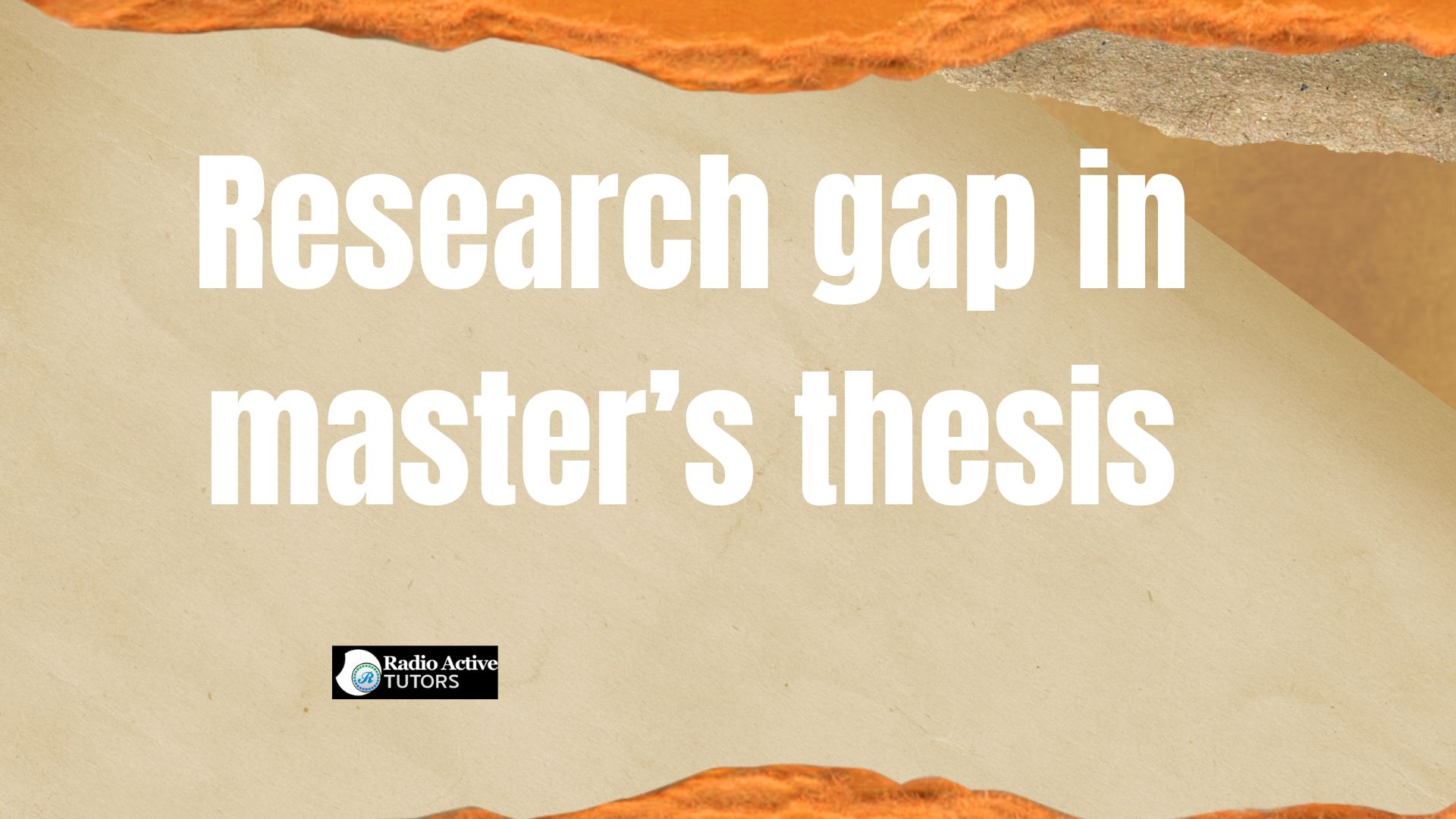Student’s strengths, interests and career inspiration
When choosing an area of research for a master’s thesis or dissertation, a student’s strengths, interests, and career inspirations play a crucial role in guiding their decision. A student’s strengths, such as analytical skills, creative thinking, or technical expertise, often align with specific research fields where they can leverage their abilities most effectively. Interests are equally significant; pursuing a topic that genuinely excites and motivates the student ensures sustained engagement and enthusiasm throughout the research process.
Career aspirations also influence the choice of research area, as students may select topics that align with their long-term professional goals, enhancing their expertise in a field relevant to their desired career path. By aligning their strengths, interests, and career goals, students can choose a research topic that not only contributes to their academic growth but also positions them strategically for future career success.
Availability of resources such as data

The availability of resources, particularly data, significantly influences the decision on the area of research for a master’s thesis or dissertation. Access to comprehensive and reliable data is essential for conducting rigorous research and achieving meaningful results. When selecting a research topic, students must consider whether the necessary data is accessible and whether it meets the required standards of quality and relevance. Limited or difficult-to-obtain data can pose substantial challenges and potentially hinder the research process.
Conversely, having access to ample and high-quality data can facilitate a smoother research journey, allowing for more robust analysis and insightful conclusions. Therefore, the practicality of obtaining and utilizing relevant data is a crucial factor in shaping a student’s research focus, ensuring that their chosen topic is feasible and capable of yielding valuable academic contributions.
An ability to access potential participants for master’s thesis
The ability to access potential participants is a critical factor influencing the decision on the area of research for a master’s thesis or dissertation. Effective research often relies on engaging with individuals who can provide valuable insights, data, or perspectives pertinent to the study. When selecting a research topic, students must evaluate whether they can feasibly recruit and interact with the target population or demographic required for their study.
Accessibility to participants can impact the scope and depth of the research, as well as the overall quality of the data collected. If participants are hard to reach or if there are barriers to obtaining their cooperation, it could limit the feasibility and success of the research. Consequently, ensuring that there is a clear pathway to accessing and engaging with potential participants is essential for conducting research that is both practical and impactful.
Costs associated with data collection in master’s thesis
Costs associated with data collection play a pivotal role in determining the area of research for a master’s thesis or dissertation. Research projects often require financial investment for various aspects, such as purchasing data sets, conducting surveys, or utilizing specialized equipment and software. When choosing a research topic, students must assess their budget and determine whether they can afford the resources needed for comprehensive data collection. High costs can limit the scope of the research or necessitate seeking alternative, less expensive methods.
Conversely, selecting a topic that aligns with available resources helps ensure the research is manageable and feasible within the given budget. By carefully considering the financial implications of data collection, students can choose a research area that balances academic ambition with practical constraints, leading to a more sustainable and successful research experience.
Type of data analysis to be used in master’s thesis

The type of data analysis to be used is a crucial factor influencing the decision on the area of research for a master’s thesis or dissertation. Different research questions and objectives necessitate specific analytical methods, ranging from qualitative techniques like thematic analysis to quantitative approaches such as statistical modeling or machine learning. When selecting a research topic, students must consider their proficiency with the required analytical tools and techniques, as well as the availability of software and resources to support the analysis.
The complexity of the data analysis can also impact the feasibility of the research, with more sophisticated methods often requiring advanced skills and additional time. By aligning the research topic with their analytical capabilities and resources, students can ensure that they are well-equipped to conduct a thorough and accurate analysis, ultimately enhancing the quality and credibility of their research findings.
Time frame of master’s thesis
The time frame available for completing a master’s thesis or dissertation is a significant factor influencing the choice of research area. Different topics and methodologies require varying amounts of time for data collection, analysis, and writing. When selecting a research topic, students must consider the deadlines set by their academic programs and their personal schedules. Projects involving longitudinal studies, extensive fieldwork, or complex data analysis might be unfeasible within a shorter time frame.
Conversely, topics that allow for more straightforward data collection and analysis can be more manageable within tighter deadlines. By aligning the research topic with the available time frame, students can ensure that their project is realistic and achievable, allowing them to produce high-quality work within the given constraints and avoid unnecessary stress and setbacks.
Research relevance and impact – considering current trends and societal impact
Research relevance and impact, particularly in the context of current trends and societal impact, are crucial considerations when choosing the area of research for a master’s thesis or dissertation. Students often aim to address pressing issues or emerging trends that resonate with contemporary societal challenges. Selecting a topic with high relevance ensures that the research contributes meaningfully to the academic community and potentially influences policy or practice.
Moreover, focusing on areas with significant societal impact can enhance the visibility and applicability of the research, making it more compelling and valuable to a broader audience. By aligning their research with current trends and societal needs, students can maximize the relevance and impact of their work, ensuring that it not only advances academic knowledge but also addresses real-world problems and contributes to positive social change.
Research gap in master’s thesis

Identifying and addressing a research gap is a critical factor in deciding the area of research for a master’s thesis or dissertation. A research gap represents an unexplored or underexplored area within a field that offers opportunities for original contributions and advancements. By focusing on such gaps, students can ensure their work adds value to the existing body of knowledge and avoids redundancy. Recognizing a significant research gap can also enhance the academic significance and impact of the study, making it more likely to be published and cited.
Moreover, targeting a research gap allows students to pioneer new perspectives, methodologies, or applications, potentially leading to innovative findings. This approach not only demonstrates the student’s critical thinking and analytical skills but also their commitment to advancing their field. Therefore, the identification of a meaningful research gap is a pivotal consideration in selecting a thesis or dissertation topic, ensuring the research is both relevant and impactful.
Applicability of your findings in real life situations
The applicability of research findings in real-life situations is a significant factor influencing the choice of research area for a master’s thesis or dissertation. Students often seek to conduct research that extends beyond theoretical contributions to offer practical solutions or insights that can be directly applied to real-world problems. This practical relevance enhances the value and impact of the research, making it more compelling to stakeholders, including practitioners, policymakers, and industry professionals.
When considering a research topic, students evaluate the potential for their findings to inform practices, improve processes, or influence policy decisions. By focusing on research that has tangible applications, students ensure their work contributes meaningfully to society, addresses pressing issues, and aligns with their career aspirations to effect change. Consequently, the potential for real-world applicability is a crucial criterion in selecting a research topic that balances academic rigor with practical significance.
